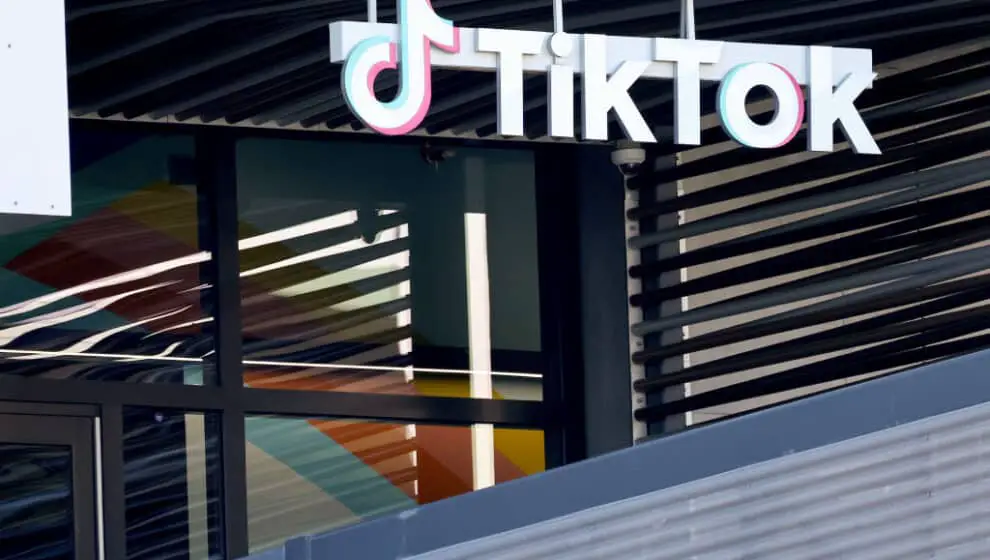This week, more states are joining the call to ban the social media app TikTok from government devices.
Key Details
- New Jersey, Wisconsin, North Carolina, and Ohio are the latest states to announce that the popular video-sharing app TikTok will be banned on state government devices.
- Now, more than 20 states have officially banned TikTok.
- States banning the app site security concerns as their reason for the bans.
- In addition to a growing number of states issuing bans on the app, the federal government recently banned the app on government devices.
Why it’s news
Concerns about TikTok’s data collection have been growing as multiple reports last year revealed that TikTok’s parent company ByteDance both had access to user data and had connections to the Chinese state media.
Early last year, the Biden administration was in discussion with TikTok about potential agreements that would protect user data while allowing the social media app to remain active in the U.S. However, comments from FBI director Christopher Wray spurred plans from states to ban the app.
In the wake of multiple state bans, TikTok has paused hiring consultants to assist in establishing a security agreement with the U.S., Reuters reports.
A statement from TikTok said the company was “disappointed that so many states are jumping on the political bandwagon to enact policies that will do nothing to advance cybersecurity in their states and are based on unfounded falsehoods about TikTok.”
Backing up a bit
Security concerns surrounding TikTok have increased discussion about outright banning the app in the U.S.—something the country has never done before. The Chinese-owned social media app has been scrutinized as more security concerns come to light.
While there are no reports that the U.S. has ever before banned an app, other countries have taken this step—India banned TikTok along with WeChat and several others in 2020, citing security concerns. Many states in the U.S. have banned the app on government devices, but a ban on non-government devices would be unprecedented.
Countries blocking social media sites altogether is also nothing new. China and Iran have blocked both Facebook and Twitter in their countries since 2009.
However, in the U.S., officials must consider whether or not the government—and what particular entity—has the authority to block the social media app.
Even if the government does not block the app, companies like Apple and Google have banned apps in the past.
